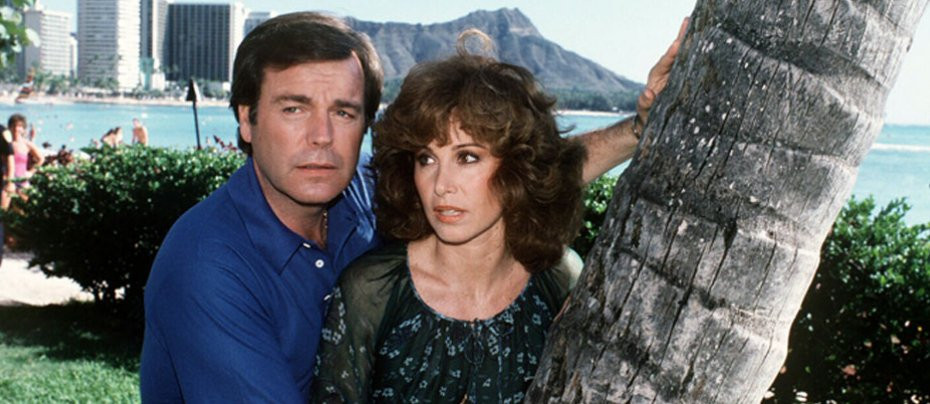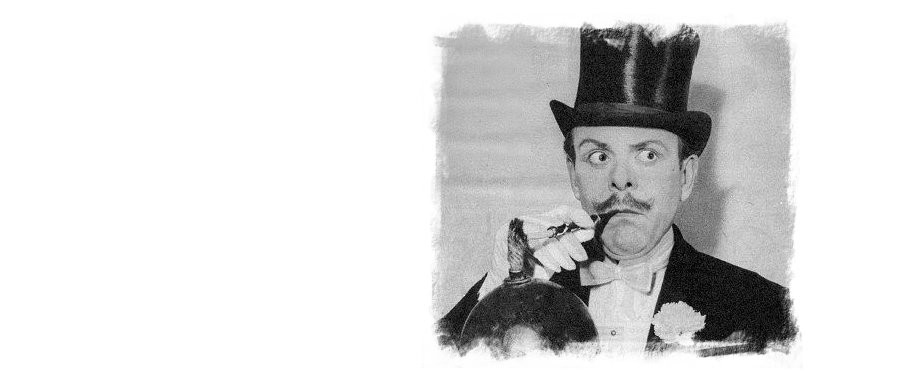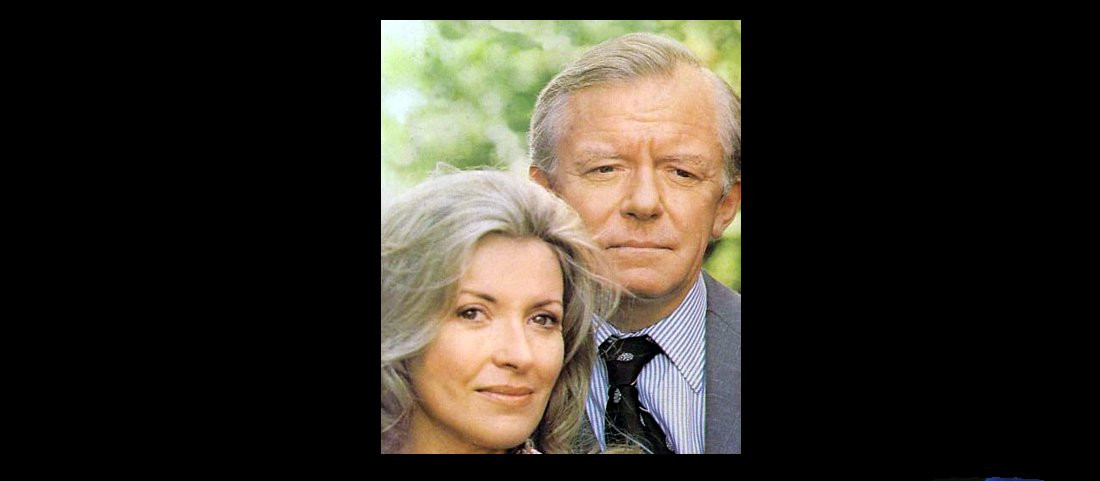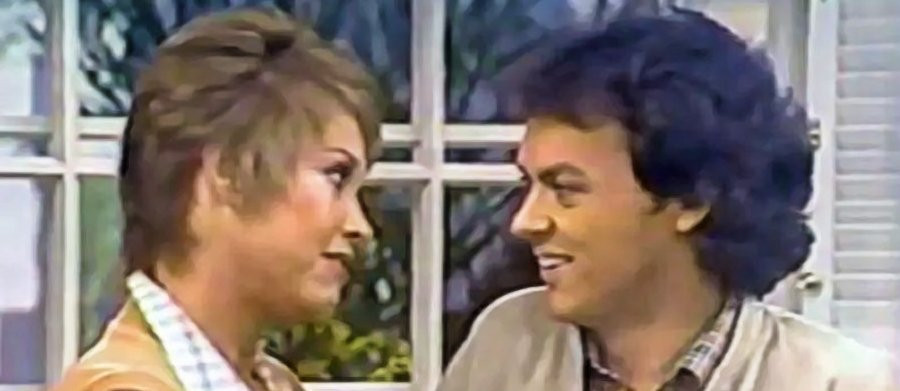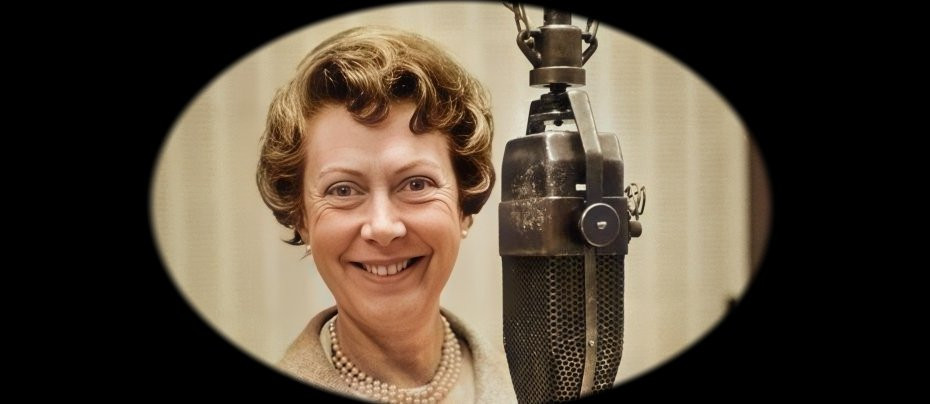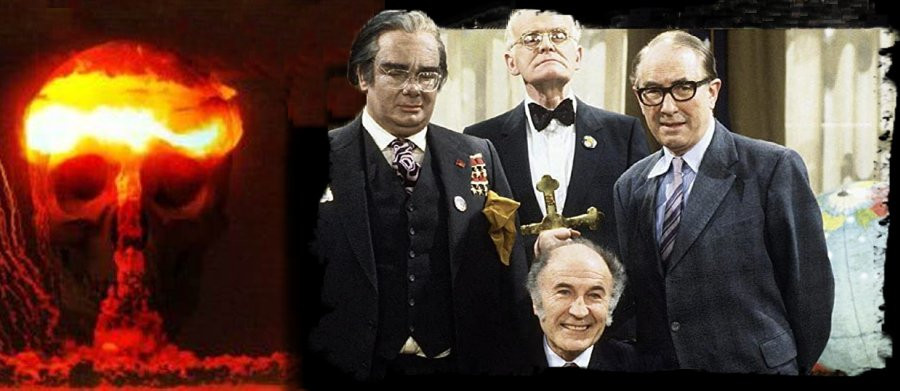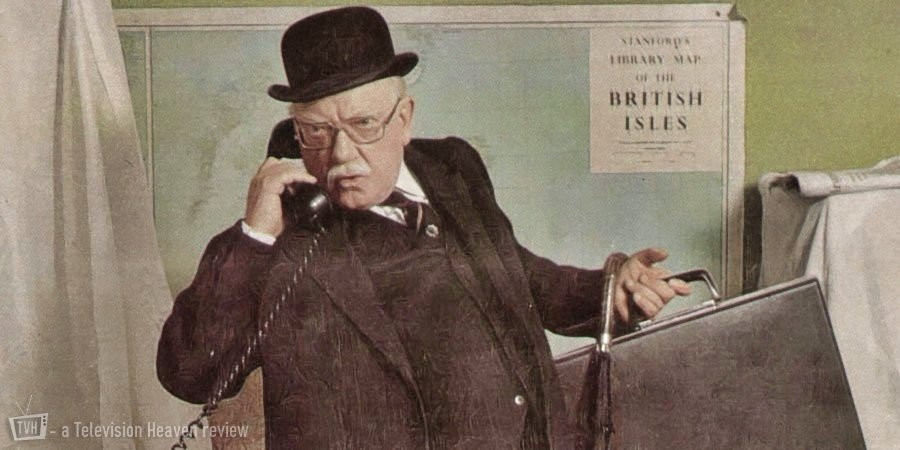
Potter
1979 - United KingdomTo the modern eye, Potter is a tricky one.
Review by Brian Slade
With the never-fading affection for Dad’s Army, some of Arthur Lowe’s other work is unjustly dismissed to database entries. However, as with Bless Me, Father, one show worthy of greater recollection than is gets was Potter, a Roy Clarke creation in 1979 which was still being worked upon when Lowe passed away.
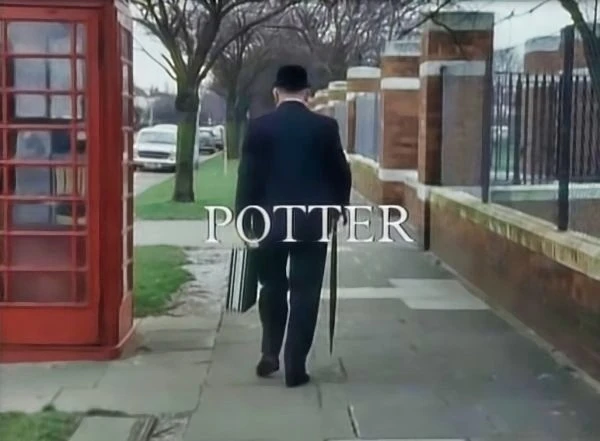
We meet Redvers Potter (Lowe) on his final morning of work. At midday, he will surrender his position at the family business left to him by his father and started by his grandfather Pottermints (‘The Hotter Mints’), having sold the company to a modern company – in Potter’s eyes, ‘one of the more progressive institutions…with all the terrifying abolishing of standards that that implies.’
Potter is a fossil. Even with just minutes left of his tenure at Pottermints, he complains to his forward-thinking successor of how his was a family business, harking back to the days when they had a healthy respect for the female staff, when they were, ‘…cheap, plentiful, obedient and smelling not unpleasantly of eucalyptus.’ Of course, what Potter considers a healthy respect is somewhat typical of his approach to both women and the world around him.
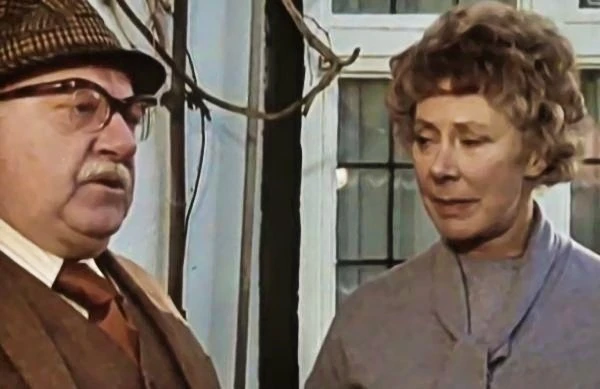
Potter is, at 58 years old, now facing retirement and has much time on his hands in a world that is changing all around him. For him, a woman’s place has always been in the home. As such, his wife Aileen (Noel Dyson) cuts a frustrated figure. For 30 years she has stood by her husband’s side with little to no affection or recognition, the latter quite literally – he confesses to once almost losing her on a day trip to Cheltenham as he couldn’t remember what she looked like! Aileen fantasises about bronzed Frenchmen, sneaks gin into her water glass – anything to make life with Potter seem more tolerable. Potter’s attitude to women is his most dated viewpoint…he confesses to the vicar that he doesn’t know whether his wife has ever actually had an argument with him because, ‘that would mean listening to every damn thing they say!’
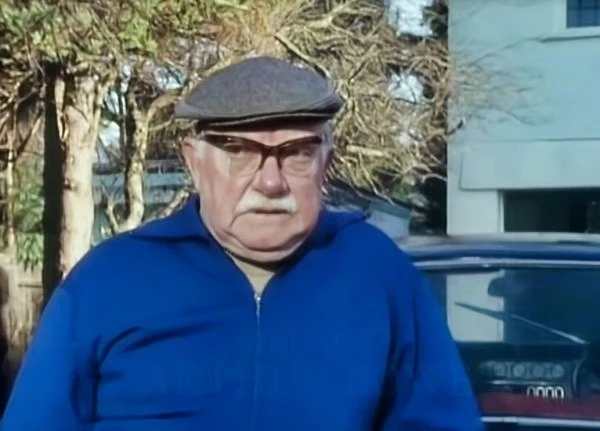
Potter is oblivious to his wife’s displeasure, much as he is to the displeasure of all around him at his actions and attitudes. His near neighbour and former employee Tolly (John Warner) tries his best to dodge any interaction with Potter, primarily because he will be dragged into both conversations and activities that he either doesn’t want to do or that will end in disaster, Potter being incapable of either taking no for an answer or being proven to be anything other than an expert in all subjects.

With his snobbish attitude and insistence that British upper classes are better than all other nations and social classes, it would seem as though Potter would be unlikely to have any allies, but he does have one – the local vicar, Gerald (John Barron). He is a somewhat unconventional vicar who seems more tolerant of Potter’s ways than most, and the pair regularly put the world to rights over a drink and a cigar to bring each episode to a close.
To the modern eye, Potter is a tricky one. He isn’t as wildly outspoken as Alf Garnett on matters of race or class, but clearly upholds the prejudices prevalent at the time. He likes everything about France, except the French, dislikes foreign cars and anybody who drives a VW camper, including his sister and her artist husband, who is a hippy bringing shame on the neighbourhood.
For Roy Clarke there are seeds of the future success of Keeping Up Appearances hidden in his scripts for Potter. Tolly and his wife are the terrified neighbours, too scared to put Potter in his place or object to the things he says or makes them do just as with Liz and Emmett in Clarke’s future masterpiece. Potter himself causes havoc with his actions, believing every misguided piece of advice is correct when it is inevitably not, and of course his strict observations of upholding the class system to which he has become accustomed is very reflective of the future Hyacinth Bucket.
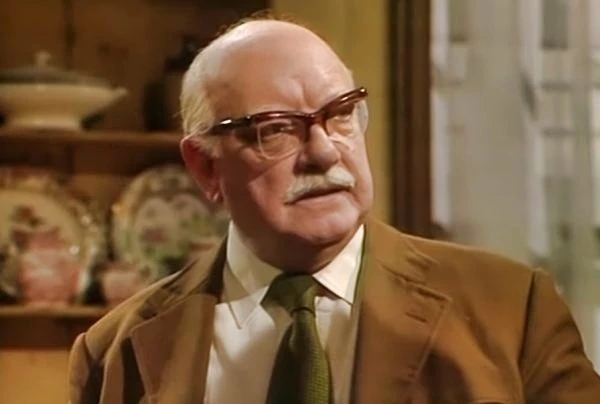
Alas for Clarke, Lowe’s death cut short any chance of Potter becoming a long-standing success for him. The third series had already been scheduled when Lowe passed away and a rather misguided attempt was made to recast the lead, Robin Bailey given the unenviable and somewhat doomed task of taking over. A change in theme tune and credits and a straight actor swap was never going to be enough to recompense for the loss of the programme’s key asset. Aileen’s character was not as strong at the frustrated housewife as say Ria in Carla Lane’s Butterflies, and so as Barry Took had said before Potter appeared on our screens, ‘However good the supporting cast, the direction and the script, the success of the series rests on the shoulders of Arthur Lowe.’ Equally, without him the programme was doomed to failure and that third series was the last.
Redvers Potter is probably a character only the most devoted of Arthur Lowe fans will recall. He retains the pomposity of Captain Mainwaring, but doesn’t have the same vulnerable charm, nor does he carry the mischievous twinkle of Father Duddleswell in Bless Me, Father. But for all that, and the somewhat dated attitudes on display throughout, one cannot help but still enjoy at least the first two series of Potter if only to watch one of British comedy’s finest at work.
Seen this show? How do you rate it?
Seen this show? How do you rate it?
Published on November 22nd, 2022. Written by Brian Slade for Television Heaven.


